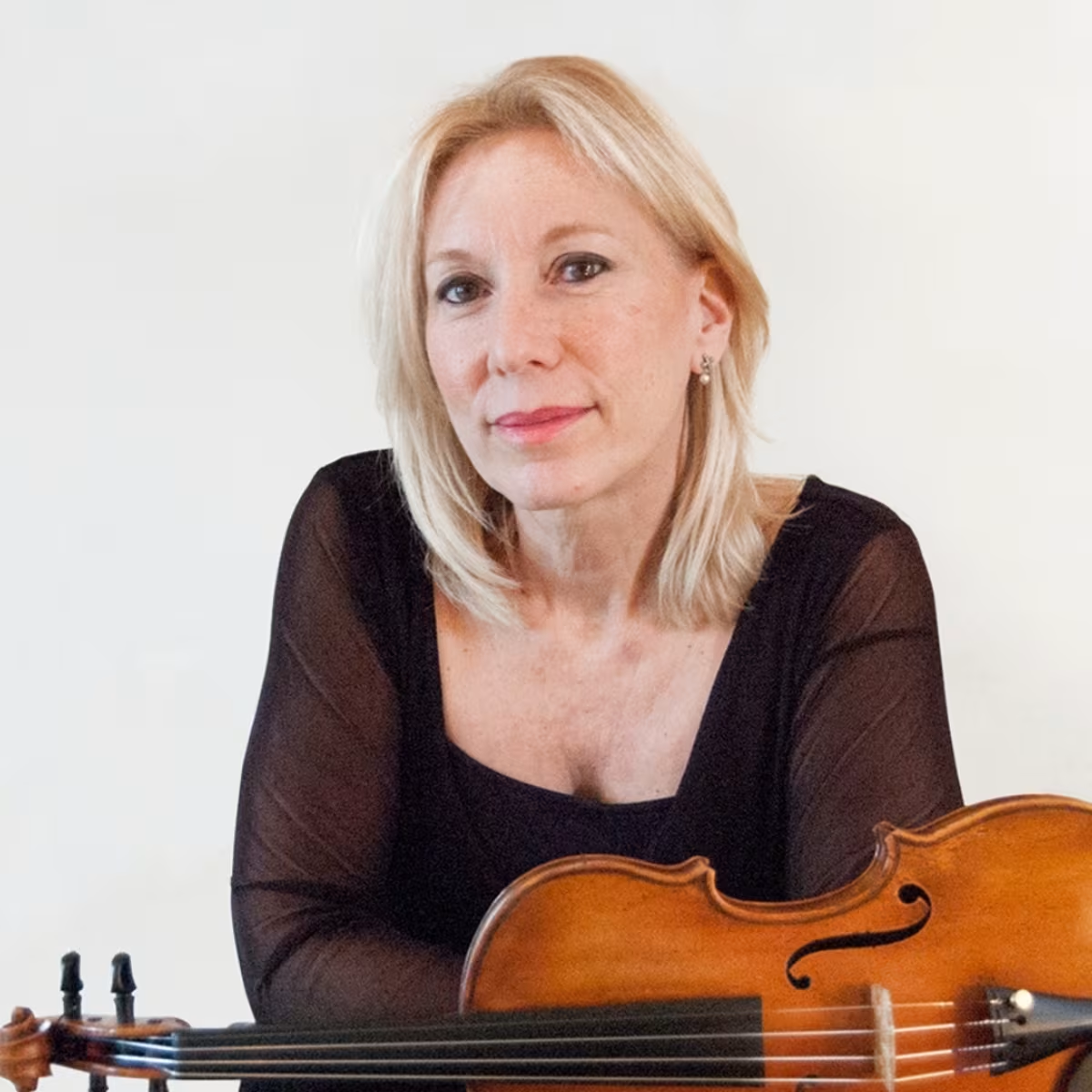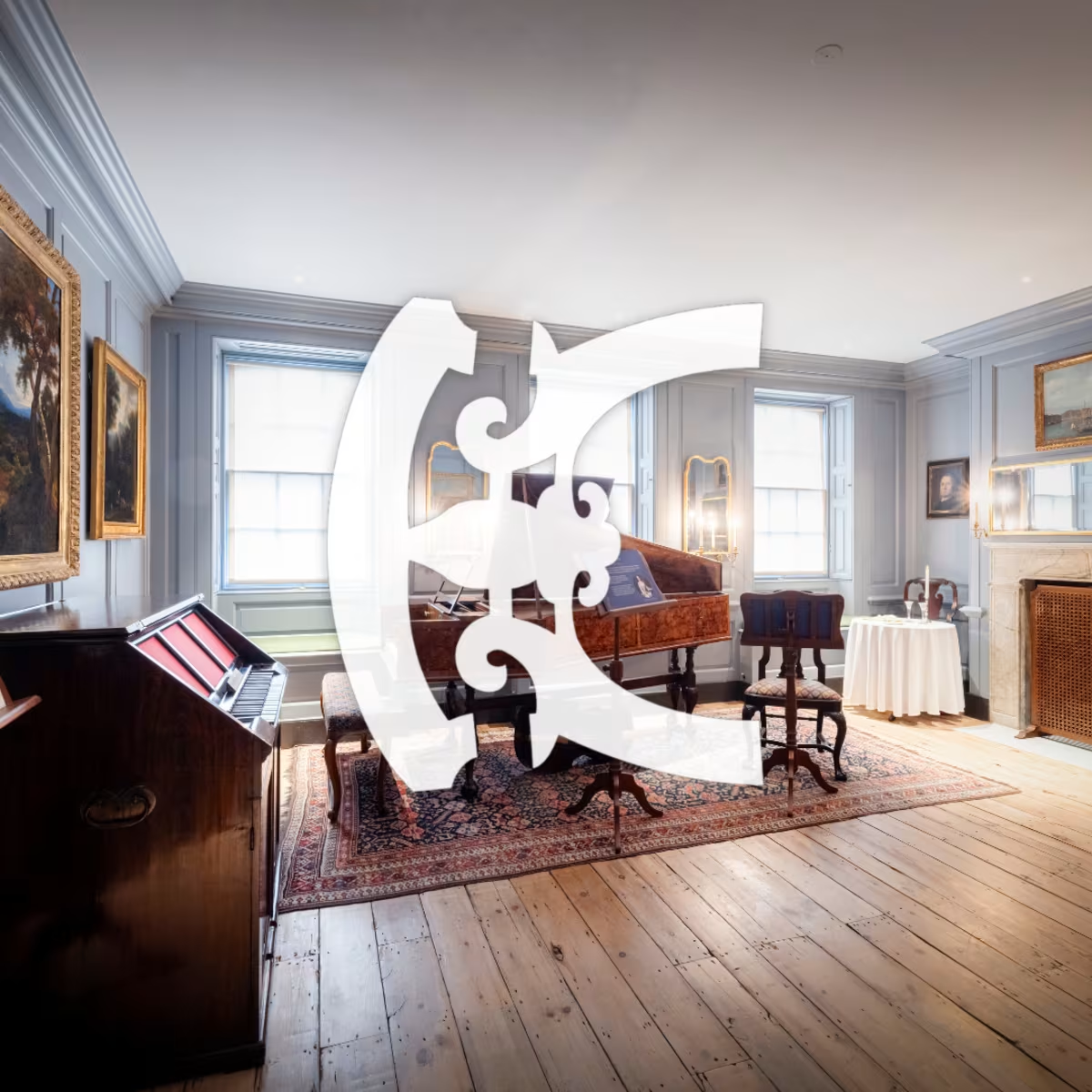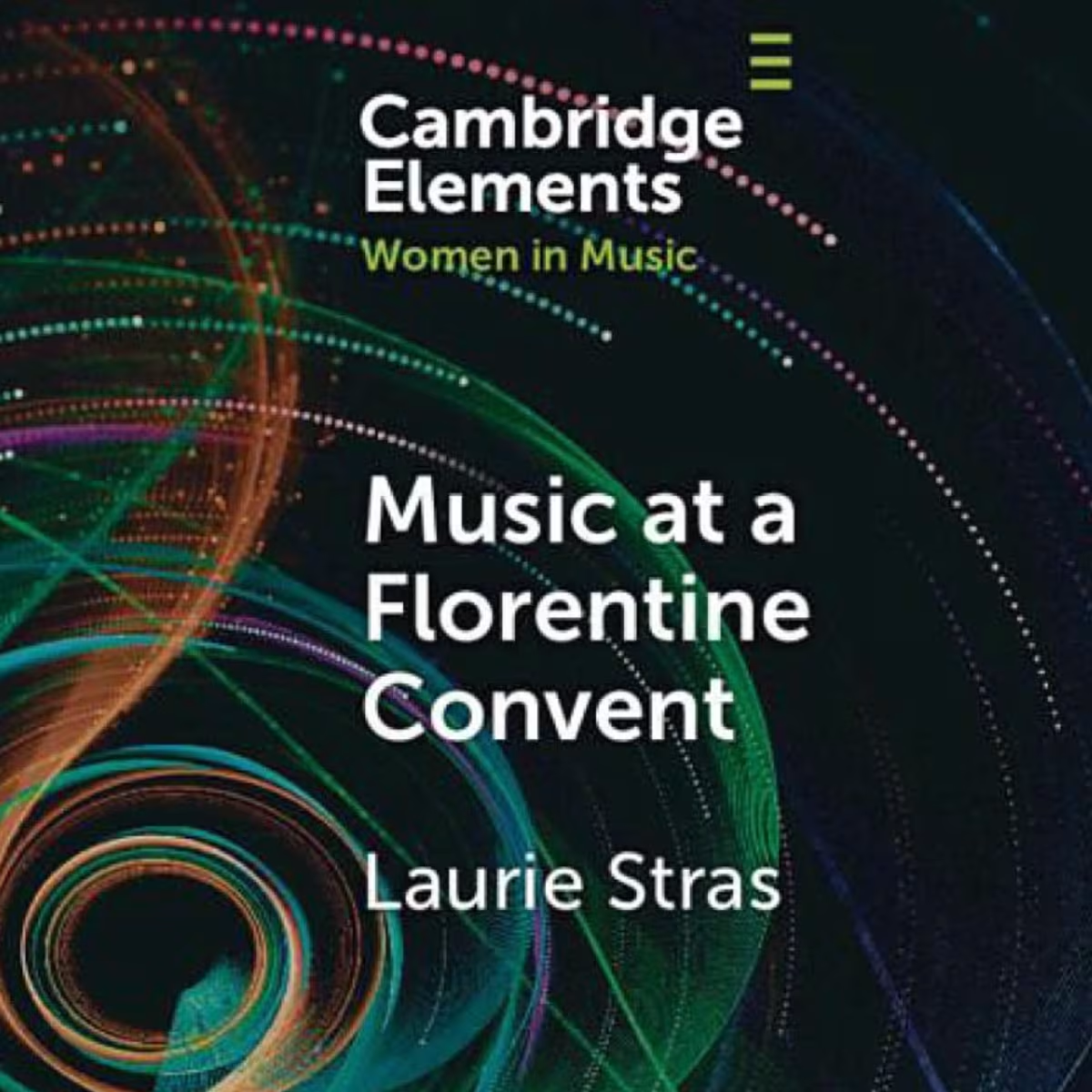Feature
Graft, galleries, and genre-busting: the endless possibilities of the recorder
Recorder player Heidi Fardell writes about her life and career in music
Share this

For many people their first taste of instrumental music was with the recorder. I just happened to run with it and it was precisely this introduction (and at no financial cost to my parents) that literally gave me the career I have today. I’ve always loved this about the recorder: I think accessibility is the key and the recorder has this in spades!
I grew up in a council house, in a proudly working-class family. My mum was a dinner lady and cleaner and my dad worked variously as a brickie, a caretaker, and more. There was zero connection to classical music; it was a world away from me, until one day at the age of six I was given a plastic descant recorder at my little state primary school. I loved it and I’ve never looked back! My chosen career in music was always somewhat of a happy anomaly in my family.
But from this keen start, how could I turn my love of the recorder into an actual job?
The first thing I learnt from a very wise teacher is that on finishing your music degree, no-one is going to knock on the door and give you a job playing the recorder every day, nor will there be a job advert “recorder player needed for full time work”. Recorder players (like so many musicians) have to create and carve their own path. They need to be bold, work hard, and find new and inventive ways to build a “portfolio career”. I’d always been a grafter, and I’ve come from a long line of grafters in my family, so that suited me!
Fast forward to the present day - and I’ve found that having a career in playing the recorder proved to be a good move…
First, I get to do what I love, so that’s a good start! And on a practical level, the fact that the instrument itself is so varied (with players expected to play all sizes of recorder at various pitches with different designs with different fingering systems with a regular dose of sight transposition thrown in) opens up a wide world of possibility for repertoire, programme planning and collaboration with other musicians in all sorts of genres. We recorder players have our fingers in many musical pies, blending and adapting seamlessly.
Repertoire
Our repertoire as recorder players spans medieval through to present day (with a little blip in the middle: what were they thinking in the 19th century?!), and recorder players are often pretty good at borrowing pieces written for other instruments (sorry, not sorry). I perform regularly as a freelance musician in chamber groups, Baroque orchestras, and as a soloist (Armonico Consort, Fiori Musicali, Musical and Amicable Society, The City Musick, The Brook Street Band and Sounds Historical) and I love nothing more than researching and curating a programme of early music with my colleagues, who are all, like me, self-confessed early music nerds! As a result, my work in early music has taken me to perform in all sorts of places throughout the UK and Europe, from churches and cathedrals to galleries and museums, from conservatoires, theatres, and international arts centres to pubs, hospitals, and private homes (and gardens), even the Tower of London and Hampton Court Palace!
Education
If you or someone you know is thinking of taking up the recorder (or any instrument for that matter!) then do it! It’s the most varied, rewarding, interesting, exciting musical journey. My strongest advice is to make connections with others, play with lots of people, be open to opportunity and go for it.
Many musicians also work in education, and I have always been passionate about this aspect of my job. Music should be accessible and for everyone (but it’s not) and have supported progression routes (but it doesn’t). It’s a real concern. I have built a reputation as a respected musician in education, having spent many years teaching individuals and ensembles in schools, at junior Trinity Laban conservatoire, community groups and summer schools. I also work as a qualified adjudicator for the British & International Federation of Festivals and I work on the committee of the European Recorder Teachers Association, with whom I was recently interviewed on ITV about the decline of the recorder in schools!

I have also created and delivered bespoke, inclusive musical workshops for clients (including Kensington Palace, The National Gallery and The Tate Gallery) who have wanted to bring another dimension to their events. I believe, with carefully researched repertoire, music has the ability to enhance a participant’s sensory experience of anything… In my work it’s a historical space, a setting, a text, an educational syllabus, an object, or an art work - it’s like stepping through a window in time.
Contemporary music
My work is not exclusively in early music. There is a thriving contemporary recorder music scene, with composers writing new music, players using electronic effects, and even modifications made to recorders. There have been plenty of bands and soundtracks over the last 50 years who have used the recorder in their work: think the Beatles, Led Zeppelin, the Mandalorian - Sarah Jefferey does a great youtube video on this! I’ve performed and recorded new music for all sorts of interesting projects, working with experimental electronic music, layering recorder sounds, gigging on rooftops, improvising for silent films, performing and recording new works such as Toby Young’s Breathlines and appearing at Jarvis Cocker’s Meltdown Festival.

And beyond
There are so many wonderful recorder players out there, creating, researching, and performing! In addition, many friends and colleagues have other innovative streams of work in their “portfolio” recorder career: Lou Bradbury has a thriving company Little Notes (classes, for babies, toddlers and pre-school children with live music); Sarah Jeffrey has created a successful YouTube channel Team Recorder discussing all things recorder; Annabel Knight runs her own summer school Woodhouse, AK Music (arrangements for recorders), and conferences on the recorder in education; Michelle Holloway is one of the ‘front women’ of the acclaimed prog-folk band Bonfire Radicals; Chris Orton is working to build the European Recorder Teachers Association among other projects… The list could go on forever – it’s an exciting time to be a recorder player.
I’ve lost count of the times I’ve been asked “but what else do you play?” Many people have no idea that a musician can have a career playing the recorder! It’s a crusade that all recorder players and teachers sign up to: to raise the profile of this wonderful instrument and encourage people to discover its beauty.
The recorder is an astonishing instrument that has not only stood the test of time but keeps reinventing itself. The possibilities are endless!
Share this
Keep reading

Beethoven revisited
Violinist Jacqueline Ross reflects on her evolving relationship with the composer’s violin sonatas, and her research-led project, ‘Beethoven Revisited’.

Playlist: Handel in London
A playlist that explores the music written by George Frideric Handel in London: from operas and oratorios to instrumental highlights.

Music at a Florentine Convent
Discovered by Professor Laurie Stras, the Biffoli-Sostegni manuscript is the only volume of 16th-century polyphony with a secure provenance in a female convent.

